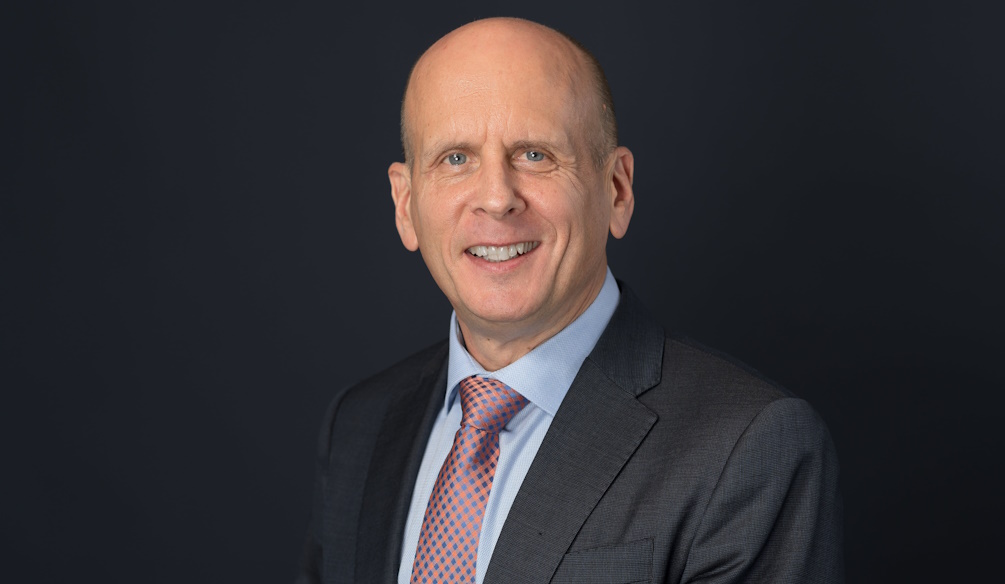Why ‘wellbeing washing’ shouldn’t be on your company’s agenda
- Written by Jamie MacLennan, SVP and Managing Director APAC, TELUS Health

Are we in the midst of a wellbeing pandemic? The question may seem odd, but the idea is spreading and not just within the realms of HR. Of course, the issue isn’t the pervasiveness of wellbeing in our workplaces – instead, it’s the potential harm it can cause through the term’s misuse and exploitation.
While most organisations are well intentioned, “wellbeing washing” is a phenomenon on the rise in some workplaces in a bid to look like an attractive place to work or to avoid penalties for not meeting new and existing psychosocial safety regulations. Instead of any long-term commitments to employee wellbeing, box-ticking or ineffective workplace ‘perks’ have been implemented and expected to fix the issue.
Wellbeing washing happens when organisations push the appearance of mental health support for their employees but are not accountable for implementing any meaningful processes. To understand why, it’s important to look at its origins, the warning signs and the complexities of this phenomenon.
What is wellbeing washing?
Similar to greenwashing, wellbeing washing is when an organisation focuses more on the appearance of investing in their employee's wellbeing and mental health than they do in actually taking care of their employees. While it may seem harmless on the surface, this practice can have a huge impact on the overall mental health of staff. By focusing solely on the appearance of promoting self-care, businesses can end up neglecting the real needs of their employees or worse, becoming a barrier to those requiring help.
Wellbeing washing can also unintentionally encourage people to ignore the challenges employees face within an organisation, to perpetuate stigma, and to hide mental health struggles.
Four signs to look for
Cases of wellbeing washing in the workplace often place a heavy emphasis on promoting the appearance or image of self-care through ‘picture-perfect’ moments rather than addressing the real needs of employees. Here are four signs to help identify wellbeing washing:
-
Box-ticking: Introducing superficial wellbeing measures as a box-ticking exercise, especially in the wake of new psychosocial safety legislation and/or penalties.
-
All talk, no action: Promoting mental wellbeing within the workplace through talks and seminars, but not implementing strategies and/or programs.
-
Perks in compensation: Offering free yoga classes, gym memberships, and other benefits while overworking employees and leaving little time to use them.
-
Excessive promotion on social media: Posting copious amounts of wellbeing messages on social media, websites and internal communications channels with no real support available to employees.
Unintentional wellbeing washing
Unfortunately, wellbeing washing is also prevalent among companies who have the best of intentions to offer staff genuine care and support. By failing to deliver effective and meaningful programs for their employees, a lot of organisations come across as simply wellbeing washing. This is because wellbeing is often treated as a project, where a variety of benefits or programs are bundled together – including fruit boxes, yoga classes or step challenges. While many can be productive in their own right, collectively it won’t have an impact if the overall wellbeing program doesn’t resonate with employees or meet their true needs.
Avoid the trap
Wellbeing washing often occurs when an organisation doesn’t have a robust mental wellbeing strategy. Similar to all parts of a business, a strategy is critical to ensure success.
To start, team leaders across the company should come together and outline how the business and employees view current wellbeing policies and what needs to change. Effective wellbeing policies should include mandatory training on how to recognise and support mental health issues, as well as guidelines for escalating issues and concerns. Third party solutions like an Employee Assistance Program (EAP) can also help by providing additional support for both employees and employers.
And finally, measurement is critical. It’s important for organisations to have predetermined targets and metrics to allow for measurable outcomes. Too often, organisations fall into the trap of guessing what people want and need rather than gathering feedback and acting on the findings. Effective workplace wellbeing strategies require meaningful insights, as a business cannot manage what they cannot measure.
Jamie MacLennan is the Senior Vice-president and Managing Director of APAC at TELUS Health, a global health care leader delivering digital innovations and clinical services in more than 160 countries to support 67 million people worldwide.







